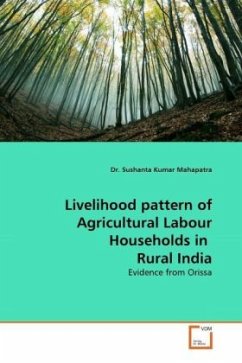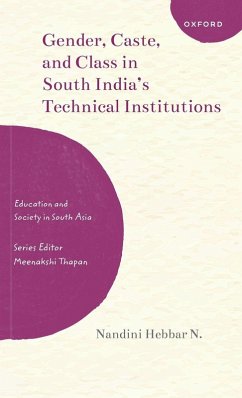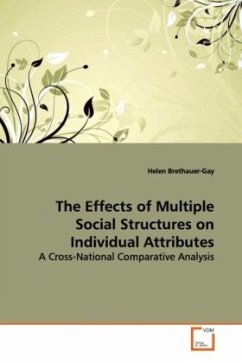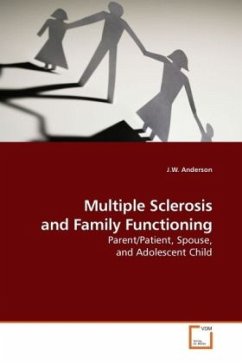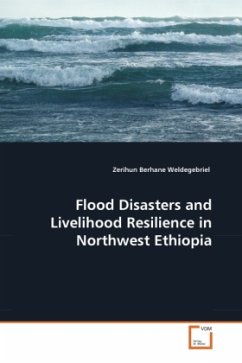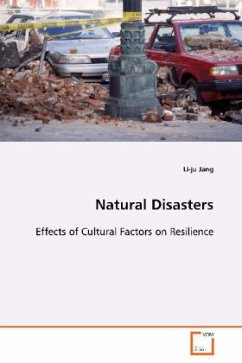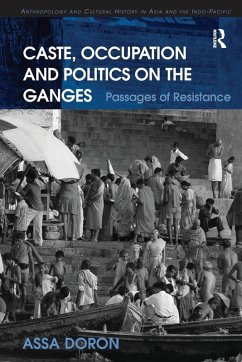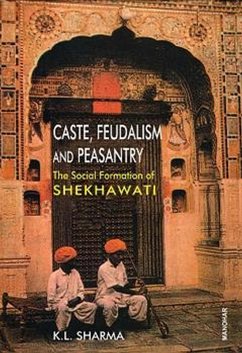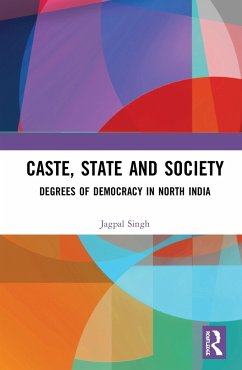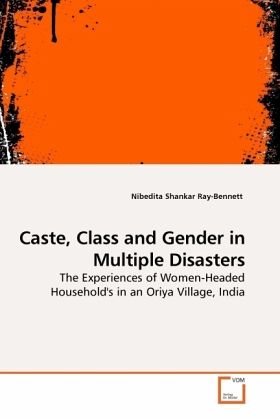
Caste, Class and Gender in Multiple Disasters
The Experiences of Women-Headed Household's in an Oriya Village, India
Versandkostenfrei!
Versandfertig in 6-10 Tagen
52,99 €
inkl. MwSt.

PAYBACK Punkte
26 °P sammeln!
The Indian subcontinent is prone to multiple disasters. The consequences for the poor in general are known. However, little academic work exists to understand the specific ways multiple disasters affect women-headed households from different social castes and classes and what is required to reduce their vulnerability to multiple disastes? This book responds to this gap by documenting the experiences of women-headed households in Orissa, and exploring possible ways forward. The super-cyclone in 1999,floods in 2001 and 2003, and drought in 2002 form the basis of the case study. Strongly interdis...
The Indian subcontinent is prone to multiple disasters. The consequences for the poor in general are known. However, little academic work exists to understand the specific ways multiple disasters affect women-headed households from different social castes and classes and what is required to reduce their vulnerability to multiple disastes? This book responds to this gap by documenting the experiences of women-headed households in Orissa, and exploring possible ways forward. The super-cyclone in 1999,floods in 2001 and 2003, and drought in 2002 form the basis of the case study. Strongly interdisciplinary, the book draws upon several theoretical frameworks including disaster, development, sociological and anthropological approaches to caste, class and gender.The study has two key theoretical concerns; "vulnerability" on one hand and the "differential vulnerability" of women-headed households on the other, specifically in relation to their caste,class and gender. The analysis should be especially useful to policy-makers, practitioners, sociology of disasters, gender and disasters and development studies.



